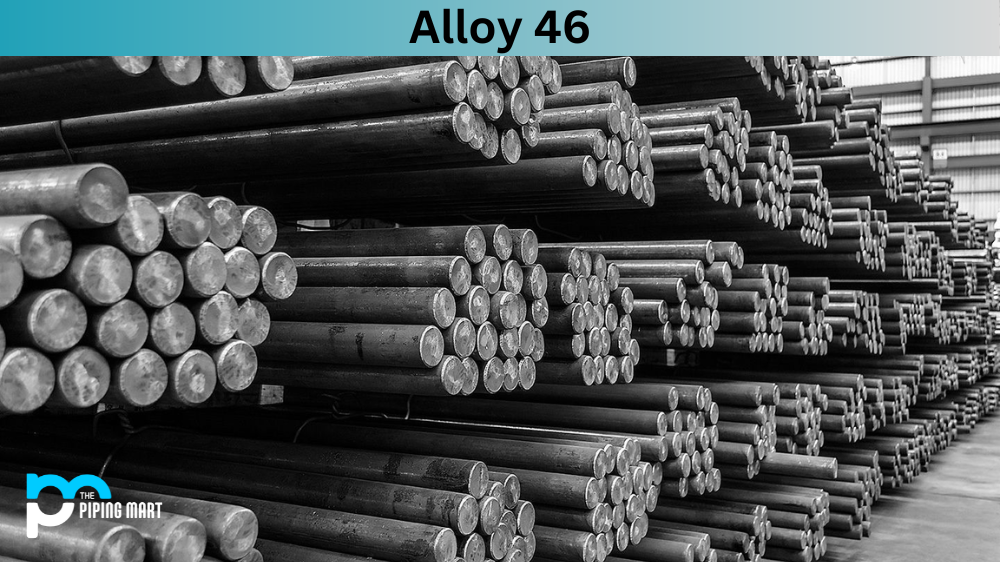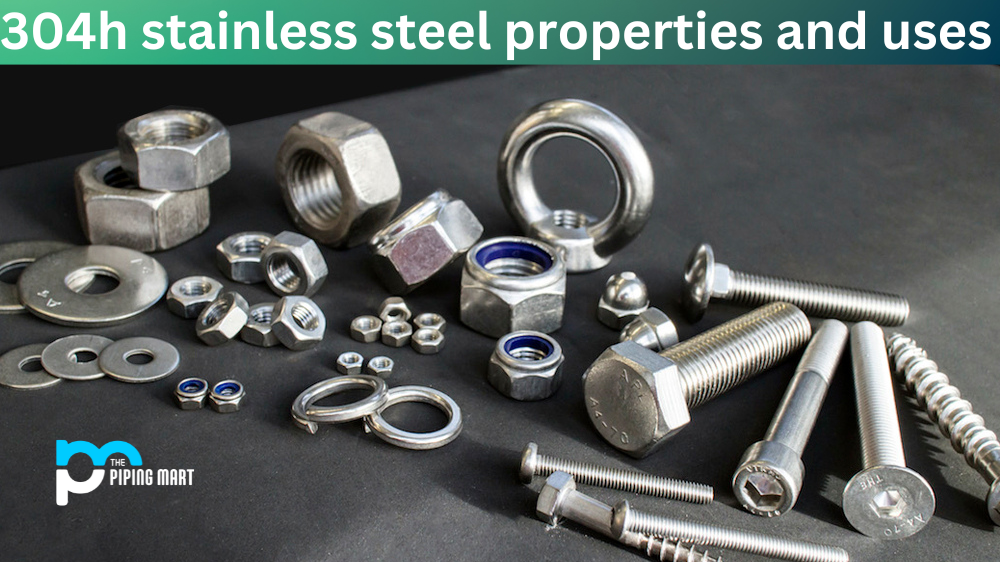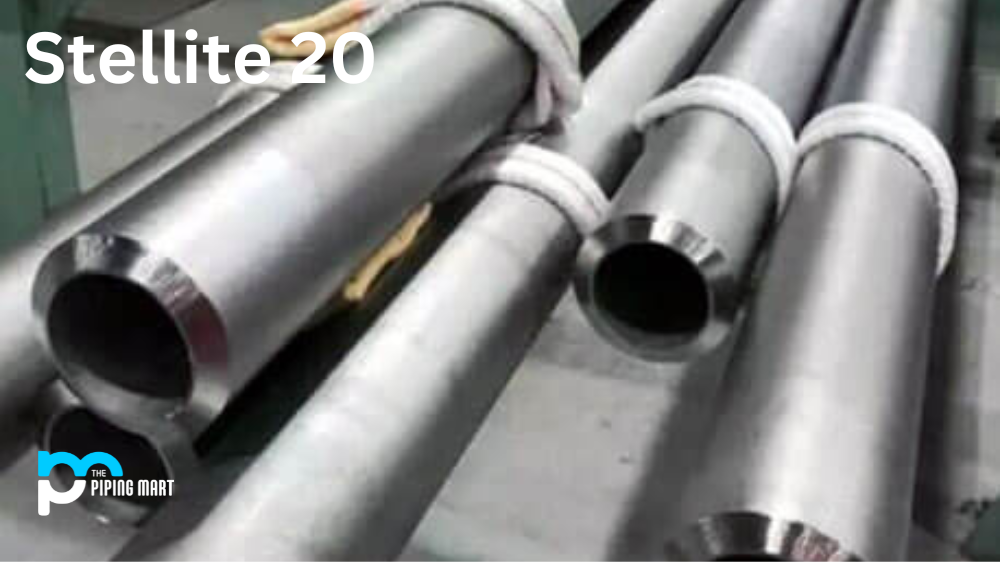Alloy 46 is a beneficial material favoured in industries that require high strength, durability, and resistance to heat and corrosion. But what is alloy 46? What makes this alloy unique, and why is it highly sought after? In this blog post, we’ll dive deep into alloy 46, including its composition, mechanical and physical properties, uses, resistance to corrosion, heat treatment, machining, and welding techniques.
What is Alloy 46?
Alloy 46 is a high-grade nickel-chromium alloy containing cobalt, molybdenum and tungsten. It has superior mechanical strength, heat, and corrosion resistance at elevated temperatures, making it ideal for aerospace and chemical processing applications. Combining these properties makes Alloy 46 an excellent choice where cost-effectiveness and reliability are key factors.
Alloy 46 Composition
Alloy 46 is a nickel-iron alloy with a composition of around 46% nickel and 54% iron. Other elements found in smaller amounts include carbon, manganese, silicon, sulfur, and phosphorus. Its high nickel content gives it excellent corrosion resistance, making it a highly sought-after material for manufacturing various components.
| Element | Content (%) |
|---|---|
| Nickel, Ni | 46 |
| Silicon, Si | 0.30 |
| Sulfur, S | 0.025 |
| Chromium, Cr | 0.025 |
| Carbon, C | 0.05 |
| Iron. Fe | Remainder |
Alloy 46 Mechanical Properties
Alloy 46 boasts exceptional mechanical properties. It has a tensile strength of 120,000 psi, higher than many commonly used alloys, such as carbon steel. Additionally, it has a yield strength of 60,000 psi, making it incredibly durable and resistant to deformation even under high-stress conditions.
| Properties | Metric | Imperial |
|---|---|---|
| Tensile strength | 552 MPa | 80 ksi |
| Yield strength | 242 MPa | 35 ksi |
| Elongation at break | 30% | 30% |
Alloy 46 Physical Properties
Alloy 46 exhibits a coefficient of thermal expansion of 8.2 ppm/°C, making it highly resistant to thermal shock. It also displays low magnetic permeability, increasing its suitability for various electronic components.
| Properties | Metric | Imperial |
|---|---|---|
| Density | 8.165 g/cm3 | 0.295 lb/in3 |
| Melting point | 1427°C | 2600°F |
Alloy 46 Equivalents
- ASTM F-30
- MIL 1-23011 CL 4
- AMS 1-23011 CL 4
Alloy 46 Uses
Alloy 46 is often used in the aerospace industry to manufacture exceptional strength and durability components. It manufactures electrical resistance wires, electronic components, and industrial heating elements. Due to its high corrosion resistance, it is also a popular choice for use in marine equipment.
Alloy 46 Resistance to Corrosion
Alloy 46’s primary advantage over other materials is its high corrosion resistance. Even in severe environments, such as those in the aerospace industry, alloy 46 remains highly resistant to corrosion, oxidation, and erosion. Additionally, its resistance to acidic and alkaline solutions and seawater makes it an ideal choice for use in harsh marine environments.
Alloy 46 Heat Treatment
Alloy 46 is heat treated at 1100°C for eight hours, followed by a water quench. This process provides excellent tensile strength, making it highly desirable for industrial applications.
Alloy 46 Machining
Machining alloy 46 can be challenging due to its high strength and hardness. However, with the proper tools, it can be machined relatively easily. Its high strength means high cutting speeds, and feeds are a must.
Alloy 46 Welding
Welding alloy 46 is a simple process requiring some care. Preheating to 175°C is essential before welding. Welding should be done using a filler metal that has a matching composition to the alloy. After welding, it should be tempered at 1100°C for four hours, followed by a furnace cooling to ensure optimal strength.
Conclusion:
Alloy 46 is a remarkable material with superior strength, durability, and corrosion resistance. Its mechanical and physical properties make it an ideal choice for various applications across various industries. Its corrosion resistance, combined with its other exceptional properties, makes it a popular choice for components used in aerospace, electrical, industrial, and marine applications. If you’re looking for a strong, reliable, and versatile material for your next project, look no further than alloy 46.

Meet Bhavesh, a seasoned blogger with a wealth of knowledge and experience. From metal products manufacturing to retail, Bhavesh has a diverse background in various industries and is dedicated to sharing his insights and expertise with readers.




